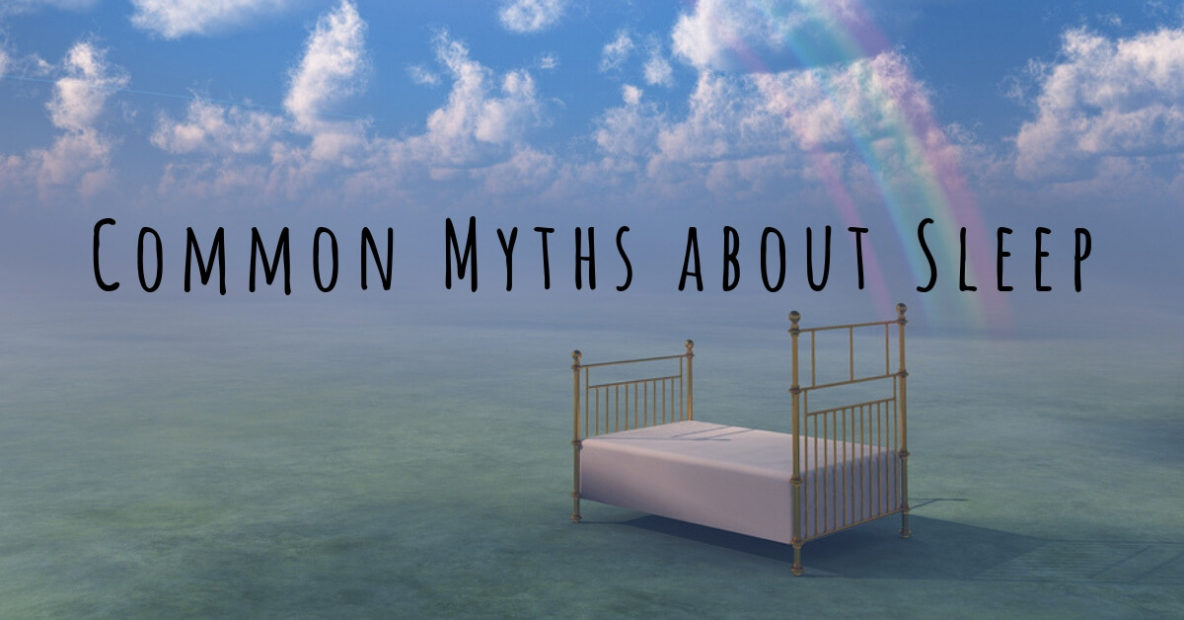Common Myths about Sleep

- A Promising Paradigm Shift: New Research Challenges the CPAP-First Approach to OSA Treatment - September 5, 2023
- Understanding Sleep Meditation Techniques - July 30, 2021
- How Online Learning Has Affected Sleep for Students - July 13, 2021
Have you been struggling with sleeplessness, and tried all manner of things to get yourself to sleep at night? You might have asked friends and loved ones for advice, or acted on what you believe about sleep. Some of the things you tried might not have helped, and we’re here to bust some of the common myths about sleep.
Myth 1: Adults Don’t Need Much Sleep
While this myth is appealing to many because it would free up many hours for other things, it’s a myth that adults don’t need much sleep. Many adults think that they need less than 5 hours of sleep per night, and can function fine with just a few hours of sleep!
This is a common myth, but it’s not true. The ideal amount of sleep per night is between 7 to 10 hours, depending on the person. The Centers for Disease Control and Prevention say that around 30% of adults are sleeping less than 7 hours per night, and this can lead to some serious negative health outcomes. Sleep deprivation, like getting less than 7 hours of sleep per night, leads to irritability, anxiety, and even depression. Lack of sleep is also linked to other health concerns, such as cardiovascular disease, high blood pressure, obesity, diabetes, dementia, and early mortality. Don’t believe this myth, but be sure to sleep a few extra hours.
Myth 2: Snoring is Harmless
Everyone admits that snoring can be extremely annoying to anyone sleeping in the same room as you, but many of us think that snoring is harmless. However, snoring consistently is a sign of a blockage to your airways, and if you ignore the snores, you might find yourself in trouble. Whether from congestion, allergies, a common cold, or other illness, snoring is a sign that something’s not right.
If you snore every night, or wake up feeling like you can’t breathe, your snores could indicate that you have obstructive sleep apnea, and you won’t be sleeping deeply, or getting the full benefit of the hours you spend in bed. Living with sleep apnea can lead to a greater risk of heart disease or heart attacks, asthma, high blood pressure, cancer, and behavior disorders. Treating sleep apnea with an oral appliance will help you get the sleep you need to enjoy each day.
Myth 3: Alcohol Will Help Me Sleep
Have you ever had a nightcap because you were convinced it will help you fall asleep? While it is true that alcohol could help you fall asleep quickly, drinking alcohol before bed actually has a very negative effect on your sleep. If you’ve had a drink before bed, you won’t experience as much REM sleep during the night, and even if you sleep for 8 hours, you won’t feel well rested when you wake up. The quality of your sleep is affected, so even if you saved a few minutes by falling asleep right away, you aren’t getting the full benefit of the time you spent in bed.
Myth 4: It’s Great That I Can Sleep Anywhere
Do you feel like you can fall asleep just about anywhere? If you sleep on the train to work, or any time you get into a car or airplane, this might not be the positive thing you think it is. If you can fall asleep anytime, anywhere, this is a clear sign that you’re not well-rested, and may actually be sleep deprived. Falling asleep any time you have a moment to rest means that you’ve probably been experiencing a lot of micro sleeps throughout the day. Micro sleep episodes point to the fact that your body is so run down that whenever it has even a fraction of a second to spare, it will shut down to try to catch up on some sleep.
Sound Sleep Medical
Have any of these myths about sleep changed your sleep habits, or kept you from getting the sleep you need? Visit us today at Sound Sleep Medical to learn the truth about sleep, and find out what you can do to improve your sleep. Whether you need to get a new pillow, change your sleep position, or even seek treatment for a sleep disorder, you deserve to get a great night’s sleep every night.
